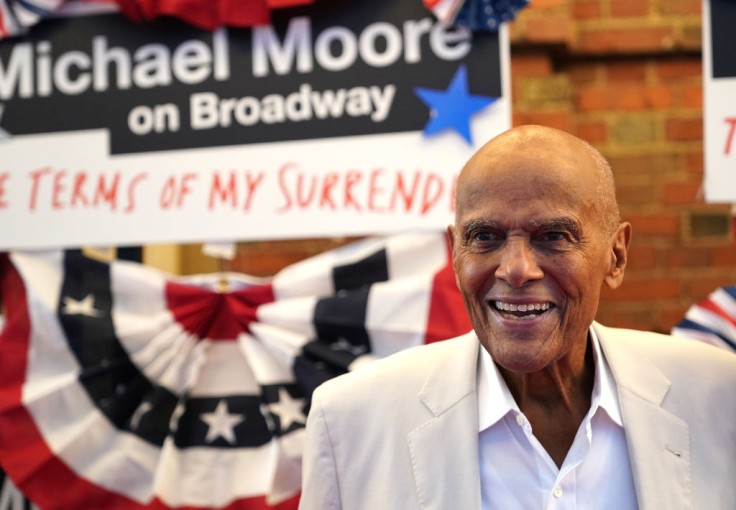
Harry Belafonte, the "King of Calypso" and long-standing civil rights activist, has died at the age of 96.
The Rolling Stone reported that Harry Belafonte's cause of death is reportedly due to congestive heart failure. He died at his home in New York.
Many mourned his death, for he was not only a top-rated performer in the 20th century but also for his activism in civil rights and anti-apartheid work during the 1960s and 1980s, respectively.
Harry's remarkable talent for over sixty years has enraptured audiences with his captivating performances as a singer and actor.
Harry Belafonte Music Career
Harry Belafonte started his music career in the late 1940s after serving in the US Navy during World War II. He began singing in clubs and cafes in New York City and eventually landed a gig as a featured vocalist with the Charlie Parker Quintet.
The icon's big break came in 1952 when he was discovered by a talent scout while performing at the Royal Roost nightclub.
The scout invited him to audition for a new record label called RCA Victor, and he was signed to a contract soon after.
Harry's early recordings featured a mix of folk songs, calypso music, and jazz standards, and his first album, "Mark Twain and Other Folk Favorites," was released in 1954. The album included his signature song, "Banana Boat Song (Day-O)," which became a huge hit and helped to popularize calypso music in the United States.
Read also: Morgan Wallen Health Update: Country Star Cancels Concert Hours Before It Was Set To Start
Harry Belafonte's Unforgettable Role
In 2018, Harry Belafonte made a compelling on-screen appearance in the movie "BlacKkKlansman" where he portrayed an elderly civil rights leader.
During his role, he recounted the tragic story of Jesse Washington, a young black farmhand who was unfairly tried and ultimately brutally lynched in Waco, Texas, in 1916.
Despite being in ill health, Harry sought his physician's approval so he could take part in shooting the scene.
According to the film director, Spike Lee, who spoke to Deadline during that time, "I said, 'Thank you, Jesus.' And I said to the crew: 'When you come to the set tomorrow, I want you to have a suit on, a tie, and wear your Sunday best. If you dress lazy, don't come to work because we have a very special guest.'"
© 2025 MusicTimes.com All rights reserved. Do not reproduce without permission.







